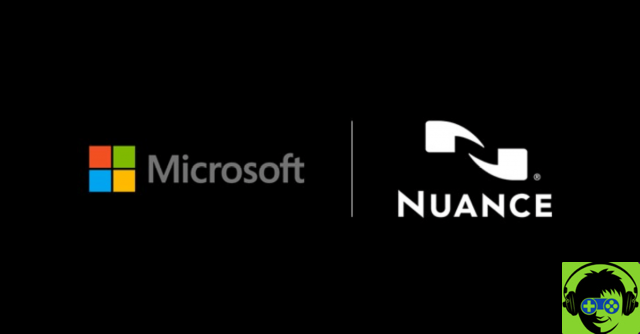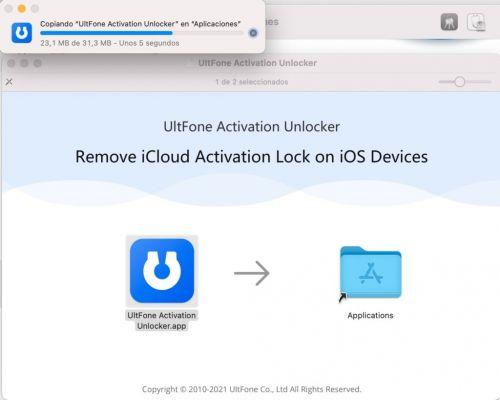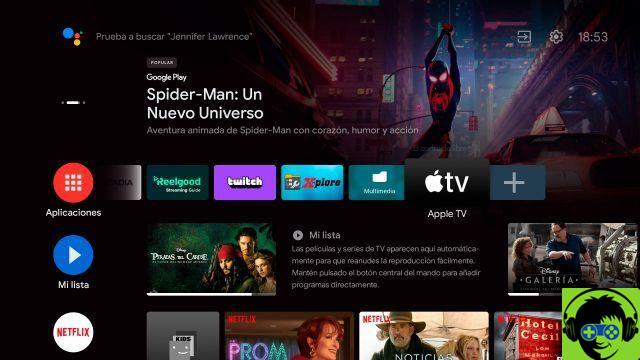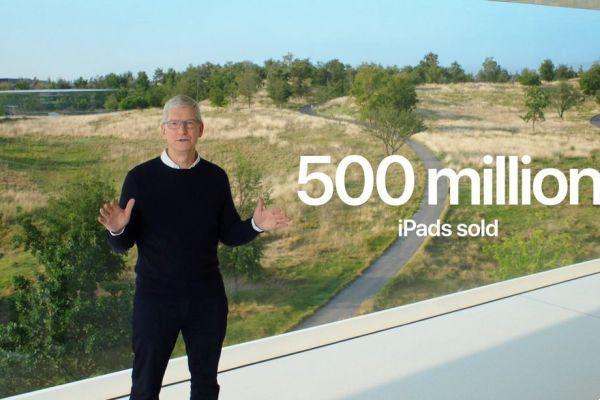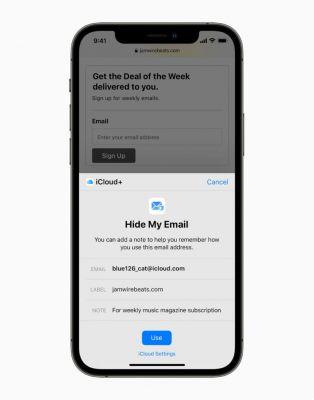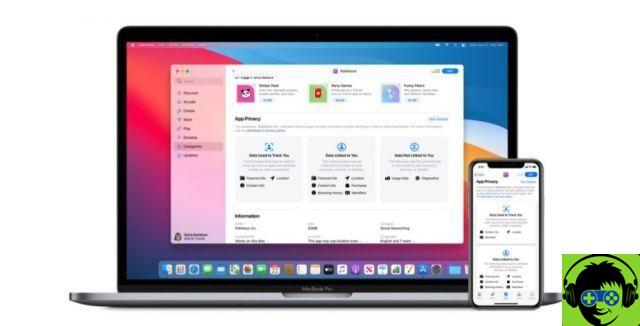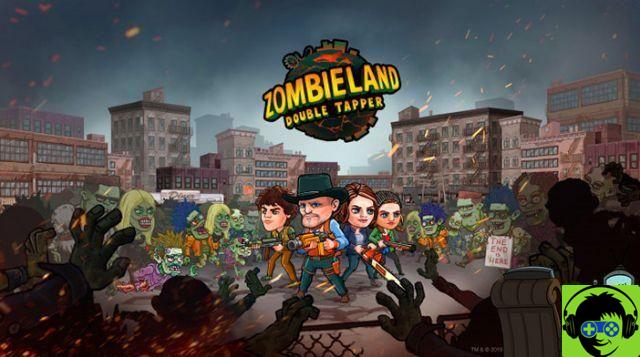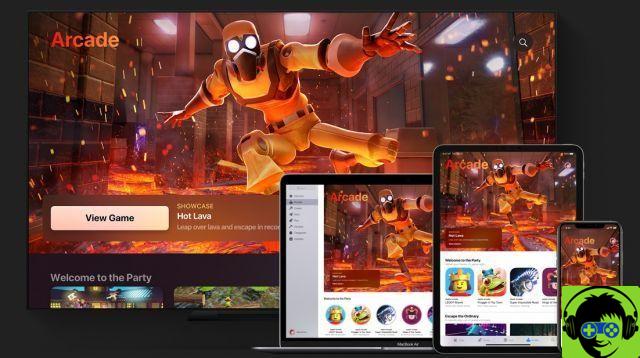Apple has been accused of abusing its dominant position in the streaming music market by imposing restrictive rules on the App Store, marking a milestone in the actions of EU regulators.
These allegations come after the Spotify platform filed a complaint with this body in 2019 and can lead to a fine of up to 10% of Apple's annual revenue, or billions.
It is the first time that Apple faces an antitrust charge in the European Union and the action represents one of the many fronts that Apple has opened around the world that could produce a drastic change in its business model.
"By placing strict rules in the App Store that harm streaming services that compete with Apple, the company prevents users from benefiting from the ability to choose cheaper offers and distorts the competition," says Margrethe Vestager, the visible leader of the competition. 'European Union and digital politics.
![Spotify brings the European Commission to the orchard: it will investigate Apple for abuse [Updated]](/images/posts/b47c39b118b52ca50ecdcbb8634bad04-0.jpg)
"This is done by charging competitors a high commission on every transaction made in the App Store and forbidding them from informing them that alternative subscription options exist," Vestager adds.
Vestager says regulators' first findings are that Apple, through its App Store, is a watchdog for iPhone and iPad users, and noted that Apple competes with other streaming music providers, such as Spotify, with Apple Music. ..
Apple will have the opportunity to respond to the allegations before a final decision is made and may make concessions to avoid penalties.
Spotify claimed in March 2019 that Apple was abusing its control over which apps appear in the App Store to prevent competition against its Apple Music service. Spotify also said that Apple's payment mechanism, which takes 30% of purchases from the App Store, makes it difficult for Apple Music rivals to show up in competitive uniform.
EU regulators opened an antitrust investigation in June 2020, investigating both the App Store and Apple Pay, Apple's secure payment system.
In a statement, Apple accused the European Commission of taking up Spotify's arguments.
“Spotify has become the largest music subscription service in the world and we are delighted with the role [Apple] has played in that. Spotify pays no commission on 99% of its subscribers and only pays 15% commission on those subscribers who do so through the App Store, ”said an Apple spokesperson.
"At the bottom of the case is Spotify's request to be able to advertise alternative offers in their iOS app, a practice that no store in the world allows," adds the Apple spokesman. “Again, all they want is to enjoy all the benefits of the App Store but without paying anything. The commission's argument in favor of Spotify is the opposite of fair competition. '
In the UK, the competition and markets authority said in March that it was investigating Apple for suspicions of abusing an anti-competitive position in the App Store, in a case similar to that of the European Union.
On Monday, a group of Germany's most powerful media filed an antitrust complaint against Apple with the country's competition regulator over changes to the iPhone maker's privacy settings.
[Update] Margrethe Vestager renews its threats to Apple
![Spotify brings the European Commission to the orchard: it will investigate Apple for abuse [Updated]](/images/posts/b47c39b118b52ca50ecdcbb8634bad04-1.jpg)
EU Competition Commissioner Margrethe Vestager warned that an investigation into the company's Apple Pay product is advancing in addition to an investigation, intensified last month, into how the iPhone maker requires developers to use the software. for their in-app purchase system.
The Apple Pay case is "quite advanced" and "it's something we're pursuing," Vestager said in an interview with Bloomberg News.
Vestager said that while the EU is "following very closely" Epic Games' trial against Apple in the US, as Epic also filed a complaint with the EU in February, its team will not be affected by the outcome in the States. United.
"We will do what we have to do regardless of the outcome of the trial in the United States." he said, pointing out the differences between the law and the EU and US antitrust markets.
Apple Pay is the only mobile payment solution that can use Touch and Approve functionality using iPhone Near Field Communication to make contactless payments. The UK and Dutch competition authorities are also reviewing the service.
According to Vestager, investigations of Apple, Amazon.com Inc. and Google do not mean "that the tech sector has been completely cleaned up." "We have called on the cavalry" to produce a "change of behavior" with new rules that set limits to the so-called parent companies that have the ability to determine access to certain digital services.
While the EU is considering potential rules on how phones should grant access to rival payment service providers, it sees the need for more urgent action by antitrust authorities.
"Legislation also takes time and in the meantime a lot can happen on the market if we don't investigate," he said.

![Spotify brings the European Commission to the orchard: it will investigate Apple for abuse [Updated]](/images/logo.png)





